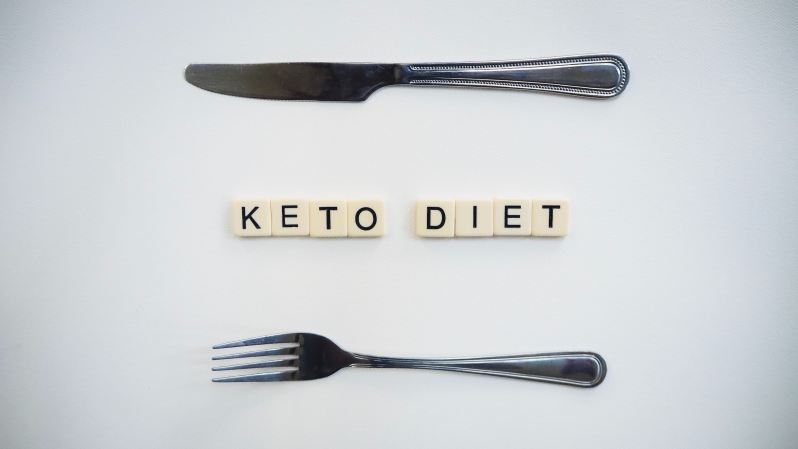
What once started as a diet designed to help patients with epilepsy, the ketogenic diet is now used widely to achieve many health benefits, from weight loss to enhanced energy levels. A standard ketogenic diet consists of whole, healthy foods, with about 75% or more daily calories from fat and very few from carbs. Though not explicitly stated, many people who shift to a keto diet seek a healthier lifestyle, which also means paying attention to the quality and nutrient density of foods consumed.
The “dirty keto” diet has recently emerged as a sub-diet of the keto diet, designed for those looking for a more flexible, sustainable diet. But what is this “dirty” keto, and is it worth a shot? We’ll break it down below.
What is dirty keto?

In its simplest terms, a dirty keto is a keto diet that ignores the quality of the food consumed. The macro breakdown of a dirty keto diet matches a traditional keto diet, with fat calories making up the majority of calories consumed. Protein generally makes up about 20% of calories consumed, with carbs not exceeding 10%.
A dirty keto diet can allow your body to enter a state of nutritional ketosis, which can help you achieve fat loss, mental clarity, and other health benefits. The term “dirty keto” is a slang term that has no medical definition. Since the quality of food is not considered on this diet, dieters can eat nearly anywhere – including fast food chains and restaurants. Eating foods with limited ingredients is a core component of a healthy keto diet, but the dirty keto diet allows for processed foods and prepackaged foods and snacks.
Benefits and drawbacks of a dirty keto diet

The dirty keto diet may work for some, but it’s not for everyone. What draws many to this diet is the idea of still being able to eat at places they love, such as fast food restaurants, but still having the potential benefit of weight loss. The dirty keto diet is easy to do on the road, especially for those who travel frequently. For those who find a traditional keto diet too restrictive, the dirty keto diet helps open up a few more potential food choices. The dirty keto diet is also cheaper and easier to do in social settings (such as attending parties).
However, the dirty keto diet is certainly not a diet focused on health. One of the largest drawbacks of a dirty keto diet is the inflammatory seed oils. Foods at restaurants and fast food joints are often cooked in poor quality, refined oils such as soybean or canola oil. Consuming these oils long-term can have serious negative health effects, leading to widespread inflammation. In turn, this inflammation is linked to a higher risk of developing many chronic diseases.
Not only is a dirty keto diet dangerous long-term, but it can also lead to nutritional deficiencies, as it often neglects consuming vegetables that contain healthy vitamins and minerals. The poor quality of food consumed on the dirty keto diet could also lead to other side effects, such as skin issues, bloating (from high amounts of salt), and increased cravings.
Can you still lose weight on dirty keto?
Many people lose weight on dirty keto, thanks to the benefits of entering a state of ketosis. While dirty keto is fine on occasion, it’s not recommended as a long-term diet focused on overall health and wellness.
Can you have fruit on dirty keto?
Dirty keto still constricts carbohydrates like a standard keto diet. Most fruits, such as pineapples and watermelon, contain too much sugar for a keto diet’s macros. However, low-carbohydrate fruits like avocados, blueberries, blackberries, raspberries, and strawberries can be consumed in moderation on a keto diet. These fruits contain much less sugar than most fruits.
What is lazy keto vs. dirty keto?

The lazy keto diet is another sub-diet of the ketogenic diet that often gets confused with the dirty keto diet. The lazy keto is simply a keto diet that does not strictly count macronutrients and may allow a slightly higher carbohydrate intake than strict keto diets. However, lazy keto still focuses on consuming fresh, nutrient-dense foods. On the other hand, the dirty keto diet pays no attention to food quality.
Should you try the dirty keto diet?

The dirty keto diet has its place on occasion, such as when you’re traveling or don’t have access to real, natural foods. However, sticking to a regular keto diet is a better choice in the long run for your health. Aim to consume fresh, organic meats, dairy, and vegetables on a keto diet to feel your best and support your health.



